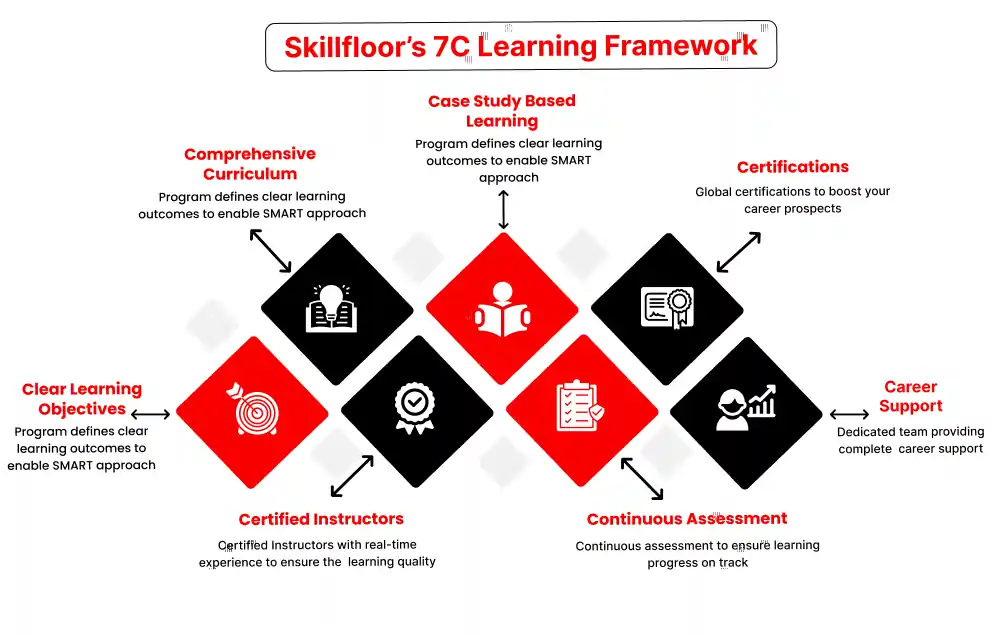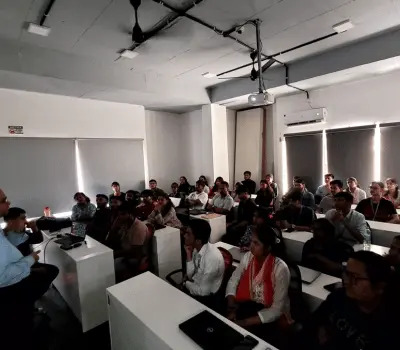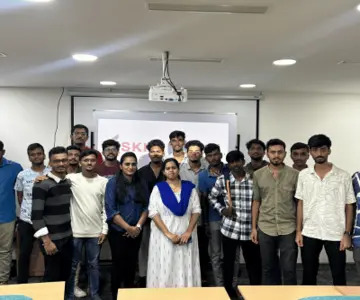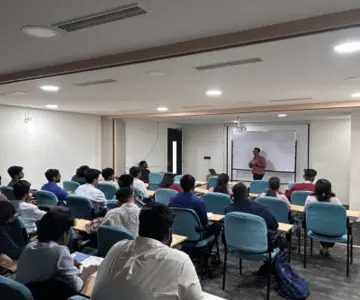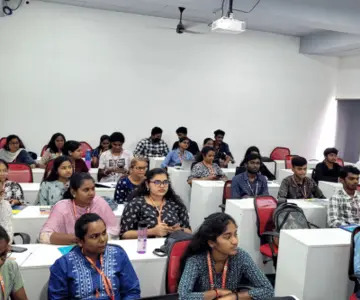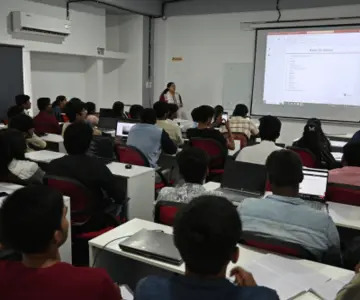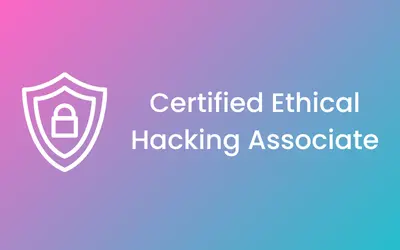CYBER SECURITY TRAINING IN TIRUPATI
-

-
(11773 Reviews)
-
Career Advancement: Discover the best job opportunities in Tirupati's cyber security industry. Get ready for top positions like security analyst or ethical hacker.
-
Key Skills: Learn the essential skills such as network security, threat detection, and risk management to safeguard businesses online.
-
Practical Experience: Obtain valuable hands-on experience through internships at top companies. Develop your skills and confidence for a successful career in cyber security.



